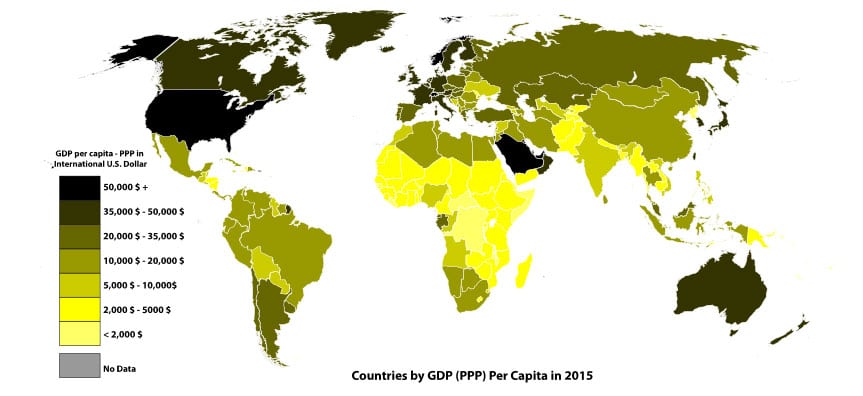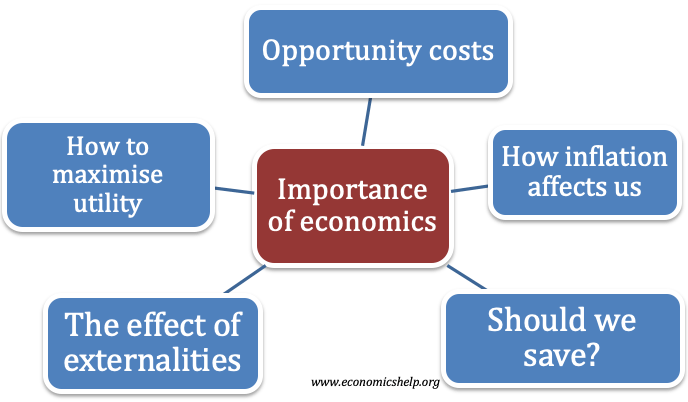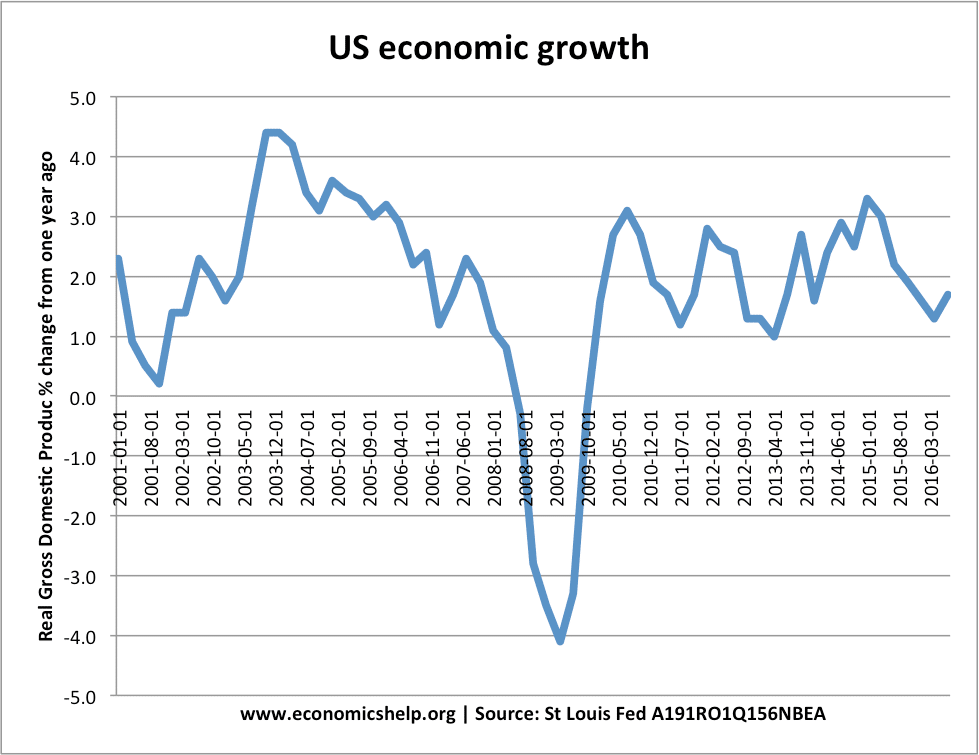UK House Prices Falling
House prices are falling at their fastest rate since 2009. With average prices 5% or £14,600 lower than last year. (Both Halifax and Nationwide reporting similar falls) Whilst Property experts are hoping for a soft landing, the market still has to absorb more bad news with a record fall in mortgage approvals and the impact …



